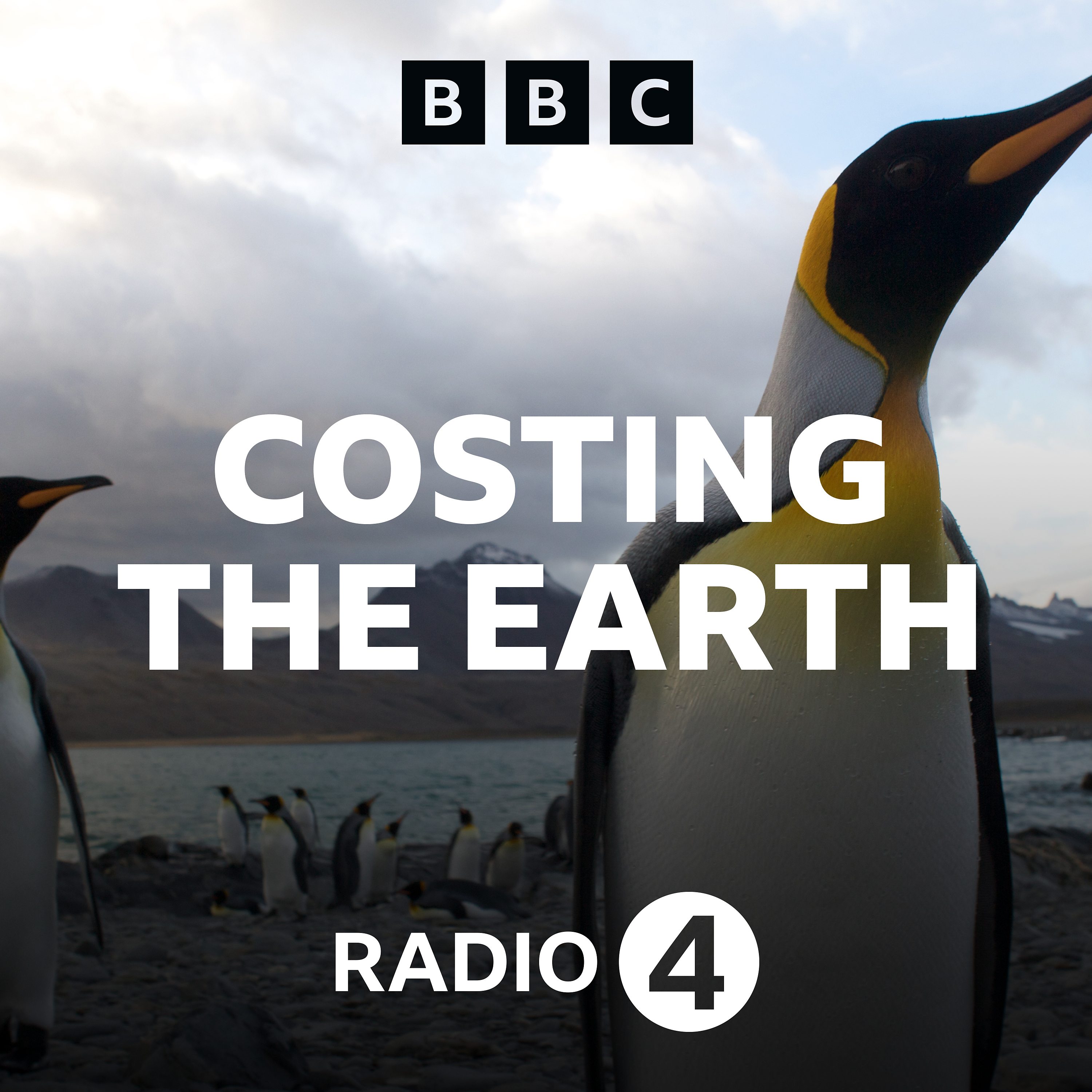How can I be a more sustainable parent?
Description
Since becoming pregnant, environmental historian and broadcaster Dr Eleanor Rosamund Barraclough has aspired to bring up her two children as sustainably as possible. In 2017, a Canadian study recommended that people could reduce their greenhouse gas emissions by reducing the number of children they have by one. It also pointed out how much bigger the carbon footprint of a child is in the West, compared to a child brought up in Malawi.
Despite Eleanor's best efforts, she has found that raising 'eco babies' is not all that simple. From clothes and toys, to food, nappies and transport – parenting brings with it a whole pram-load of unexpected environmental impacts. And regardless of good intentions, parental pressures like a lack of support, the need for convenience and the price of eco-alternatives often means people fall back on more carbon-intensive options. So what needs to change to make it easier? Being a new parent is tough enough, without the feeling of failing the planet being added to the burden.
In this programme, Eleanor sits down with her good friend Pamela Welsh, who also became a mother during the Covid pandemic, to discuss the areas where they are 'winning', and the occasions where they have been unable to make the greener-method work. They think about solutions and remind us that it is ok not to get it right all the time.
Eleanor also meets individuals who are are attempting to come up with solutions to some of those difficulties - from mending clothes, recycling nappies, opening up cycling to parents with more than one child and renovating schools. Can the future of parenting be more eco?
Presented by Eleanor Rosamund Barraclough
Produced in Bristol by Natalie Donovan
More Episodes
Tom Heap introduces Rare Earth, a programme exploring major stories about our environment.
Published 01/19/24
Steve Backshall lives in a new build house which is very energy efficient and almost totally off-grid. However, achieving this has been extremely time consuming, expensive and pretty stressful. For this episode of Costing the Earth, Steve explores why -- when the cost of heating our homes is...
Published 05/23/23
It's said that a teaspoon of soil contains more life than all of the humans on earth. Microscopic life that is - bacteria, fungi, protozoa, nematode worms and microarthropods like springtails and mites, but there's increasing evidence that this invisible world, the earth's microbiome, is under...
Published 05/16/23


